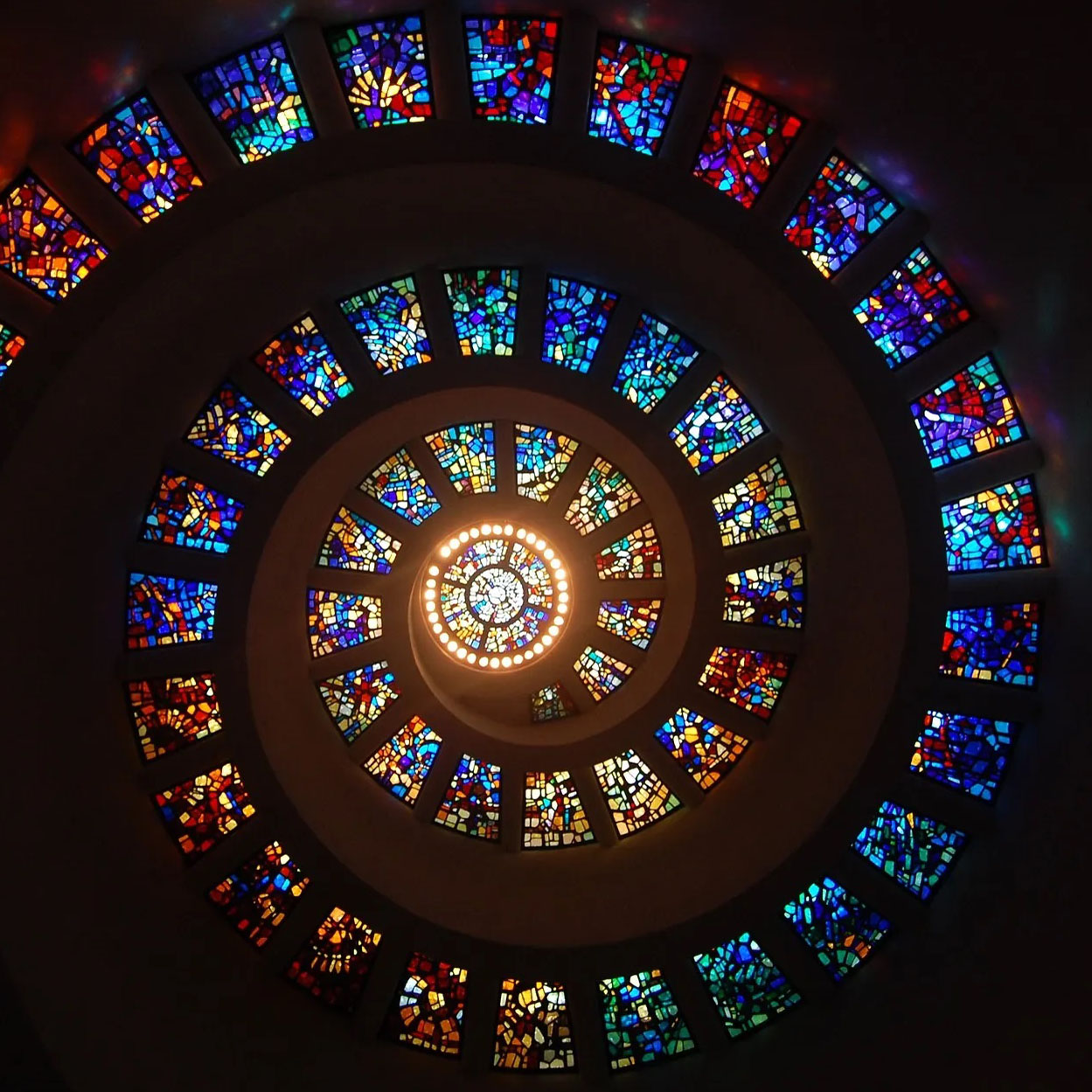The Institutionalized Ecumenism and the Ukrainian War: a Critical Approach

Cyril Hovorun
The World Council of Churches was established in the aftermath of the World War II. Therefore, it is supposed to embed in its very design the mechanisms of alarming about and dealing with military conflicts. The war in Ukraine was supposed to trigger such an alarm, but it did not. This war started in February 2014, when Russia annexed Crimea and waged a proxy war in Donbas. The WCC reacted belatedly, by sending its delegation to Ukraine in March 2015, more than a year later. The delegation published a communique with some ambivalent assessments, such as the following one:
During this visit, the delegation has heard different perspectives on the origins of the conflict. In any event, the delegation is convinced of the potential of the churches and faith communities of Ukraine to play a lead role in transcending the competing nationalisms (italics by CH) that predispose groups toward conflict.
In the WCC’s interpretation, the war was a competition of nationalisms. The statement, thus, unequivocally implied a “Ukrainian nationalism” as the main reason that had provoked the Russian aggression. This was a grave misreading of the events: the aggression became a reaction to the Ukrainian Revolution of dignity (2013-2014), which had been driven not by nationalism, but by the longing of the Ukrainian civil society for justice, transparency, and solidarity – the supposedly core values of the WCC’s own ethics. The members of the WCC’s delegation failed to see that Ukraine was effectively fighting for these very values.
Seven years later, the Russian propaganda inflated the “Ukrainian nationalism” to a “Ukrainian neo-Nazism,” which was presented as the main pretext to start a full-scale war. The WCC’s statement facilitated this inflation. Of course, this was not the delegation’s intention, but its visit to Ukraine was used by the Russian Orthodox Church to promote messages it wanted to broadcast globally through the platform of the WCC.
It is also worthy to note that the statement put the two sides of the “conflict” on an equal footing – a tradition that continues to our days.
After the statement was published in early 2015, for about seven years the WCC did not emit clear signals about the war that went on on the European continent, even though it had promised to “find the means and the methods by which it can accompany the churches and people of Ukraine in a pilgrimage of justice and peace.”
